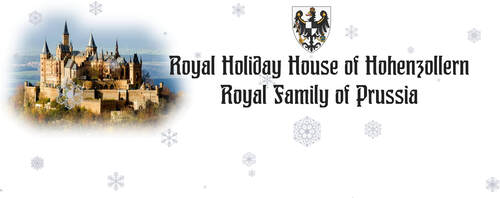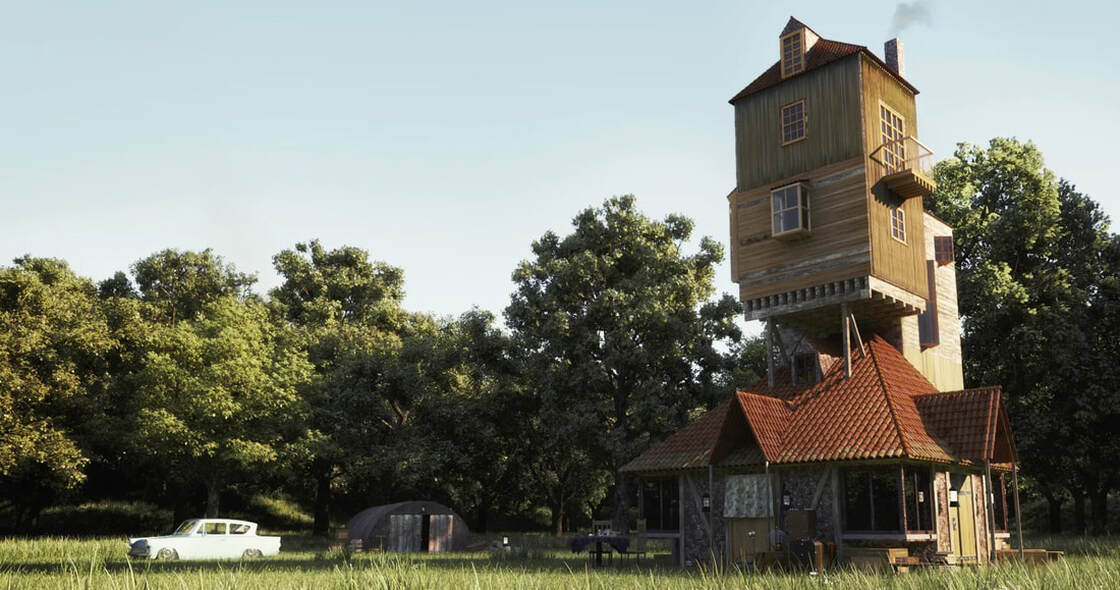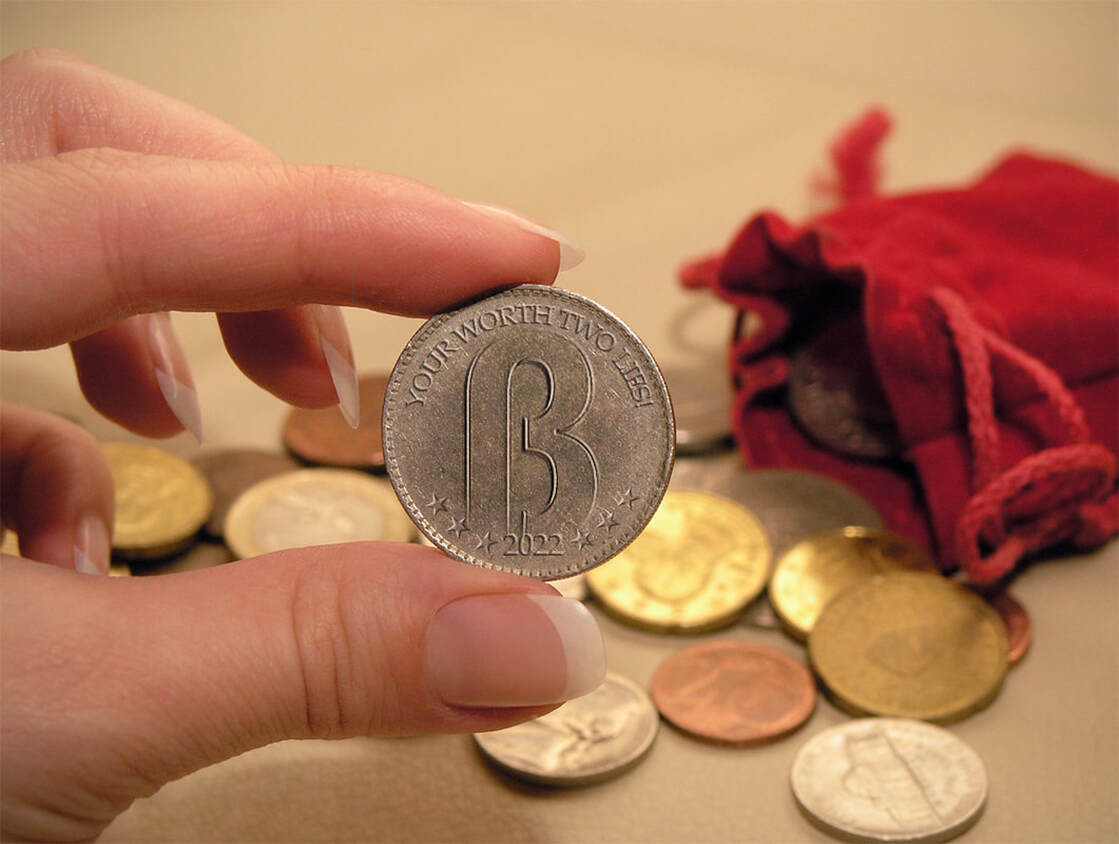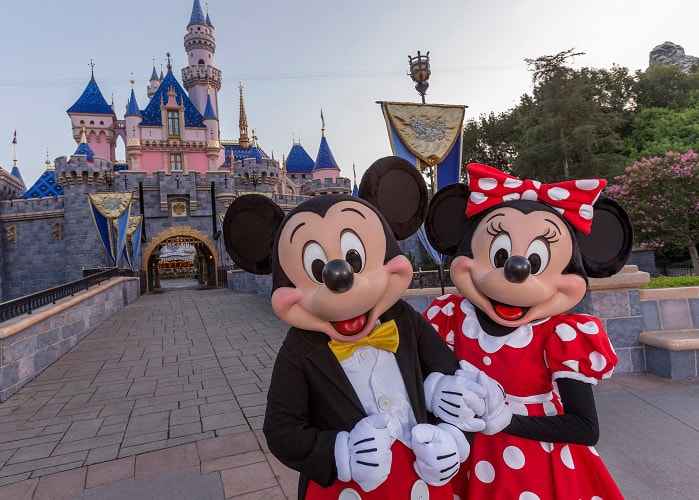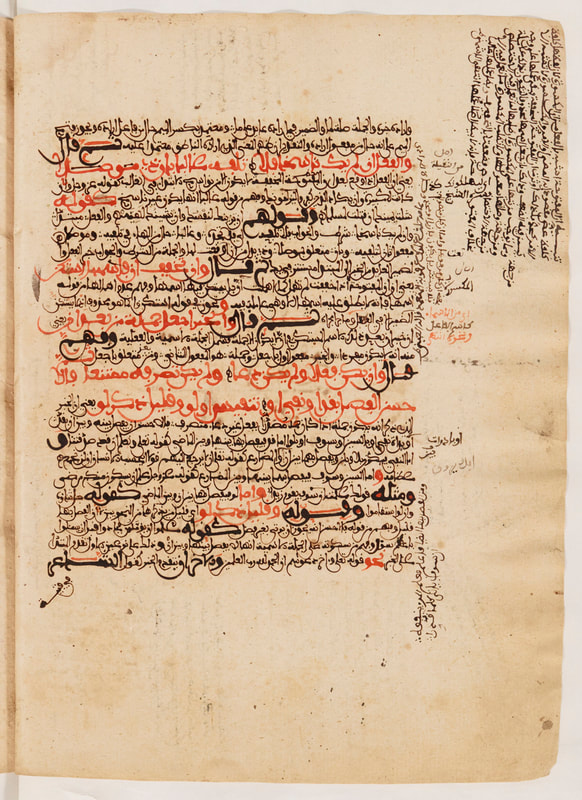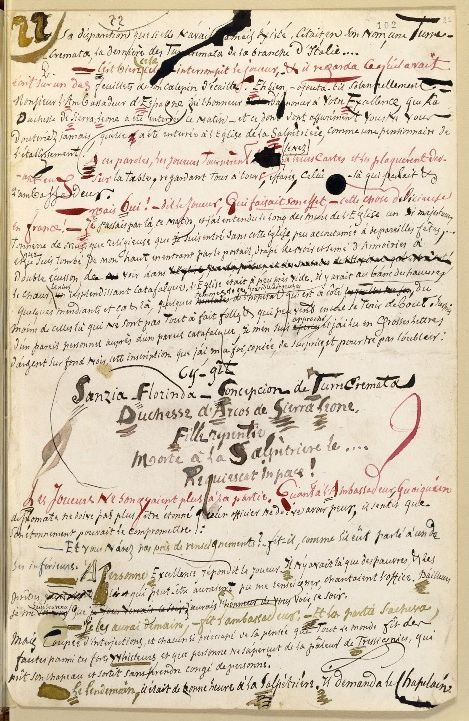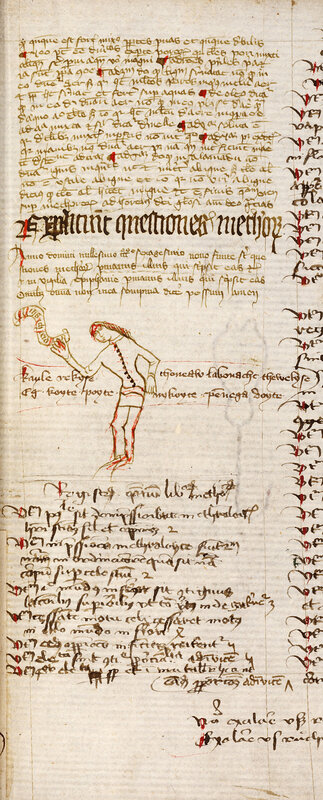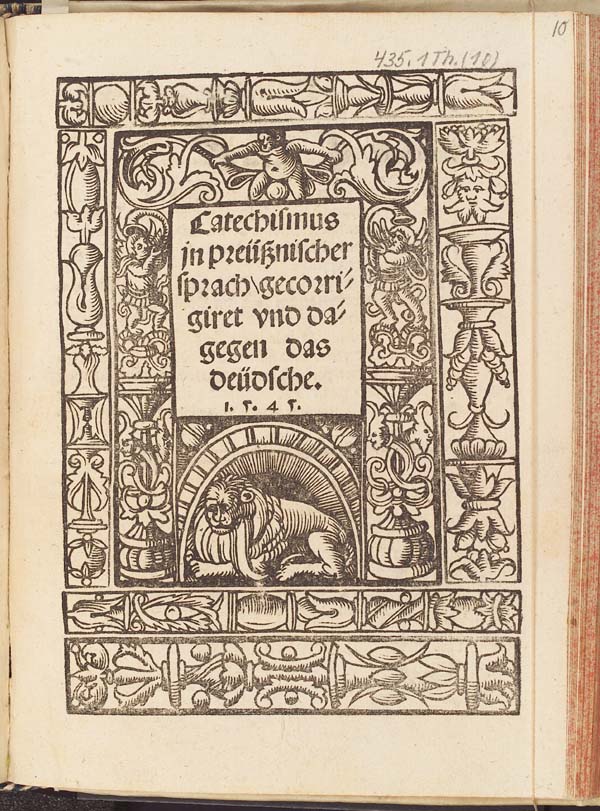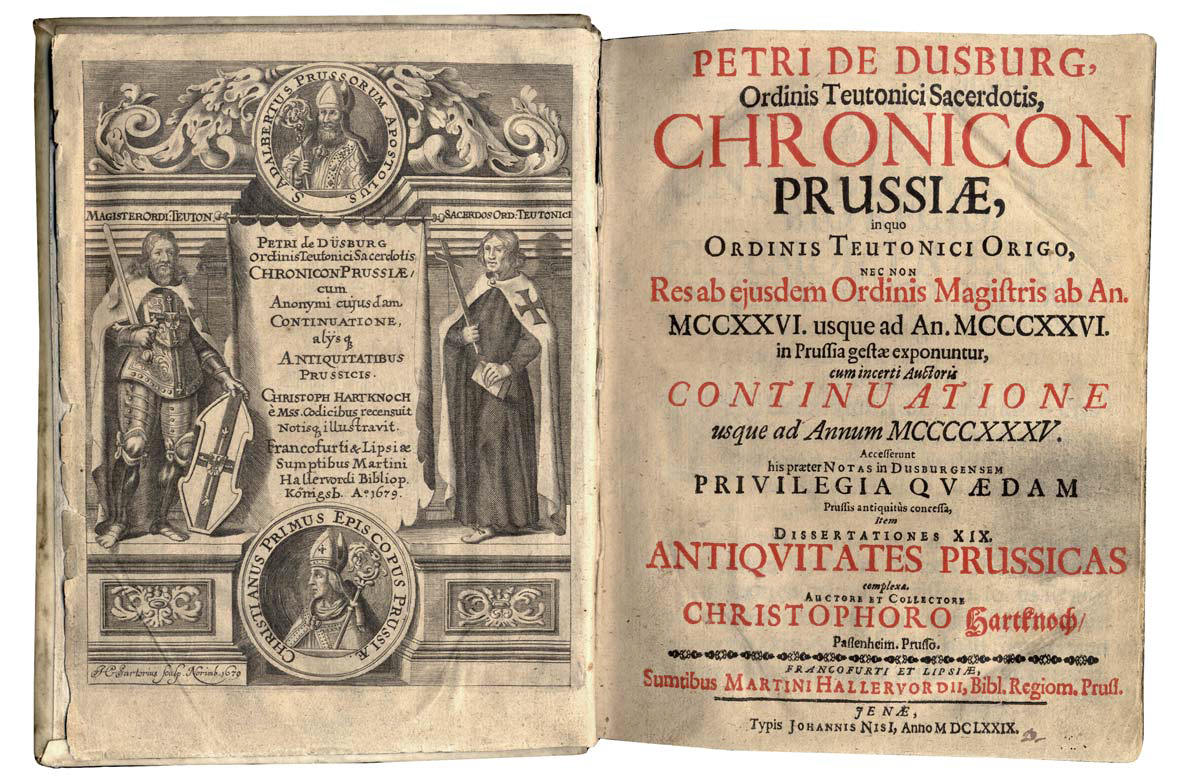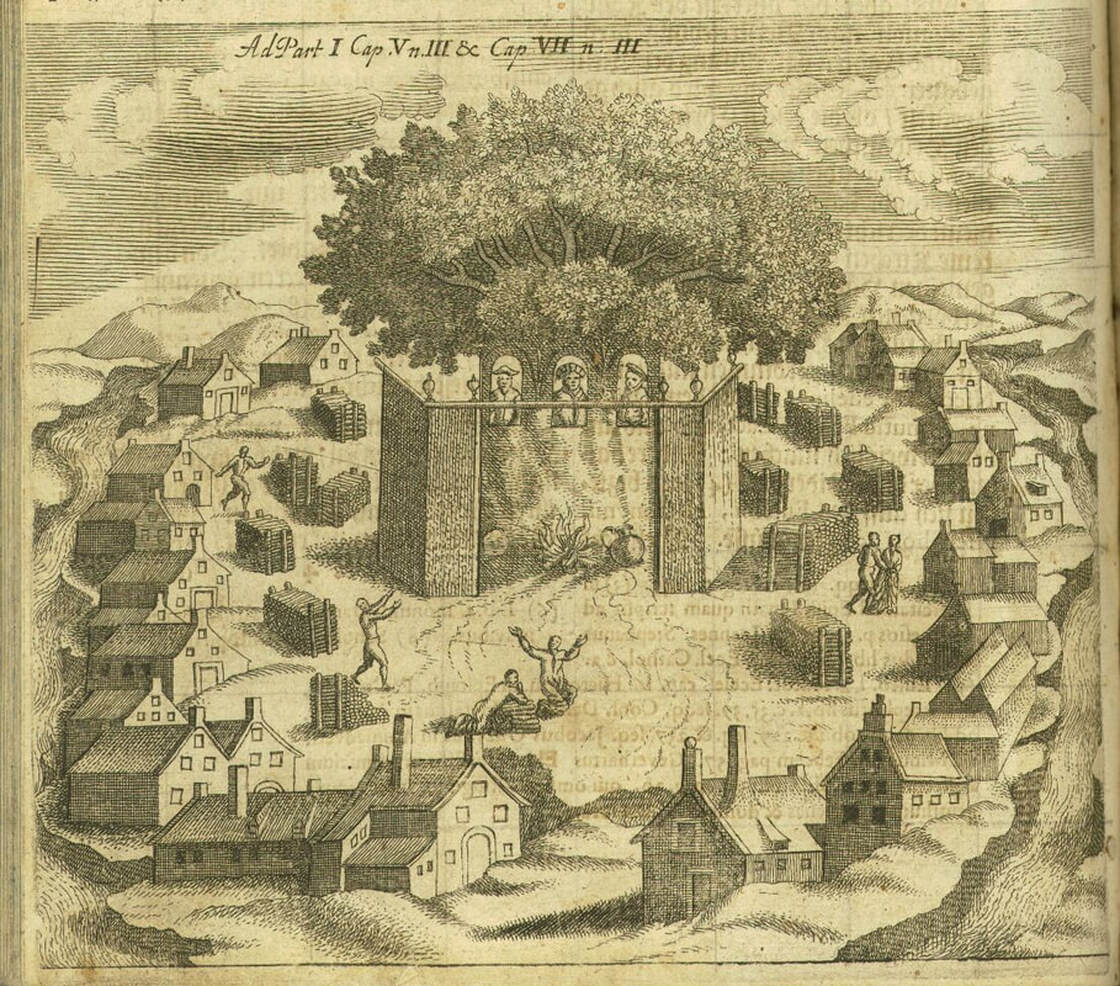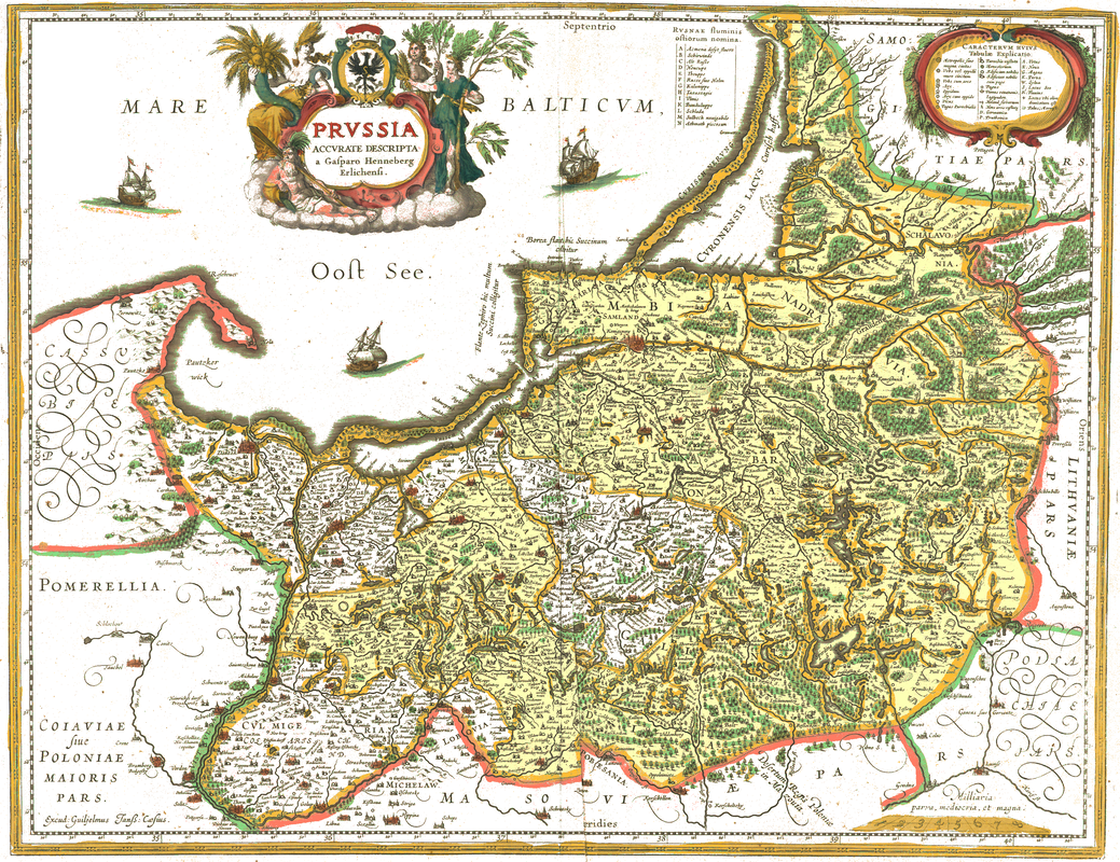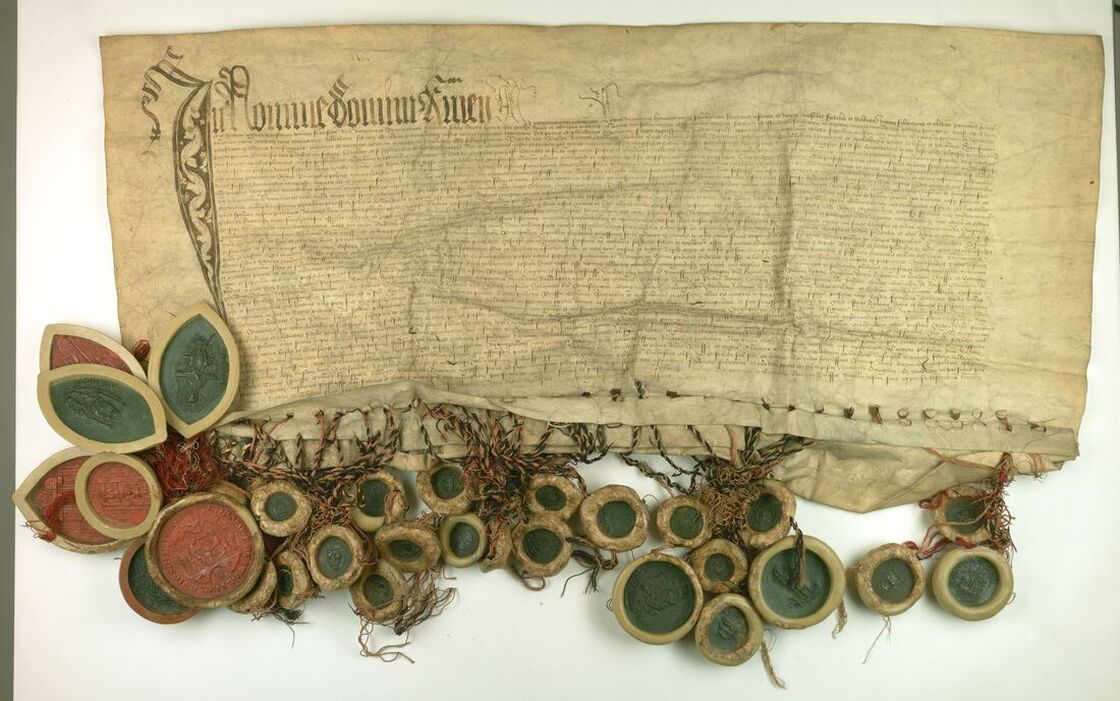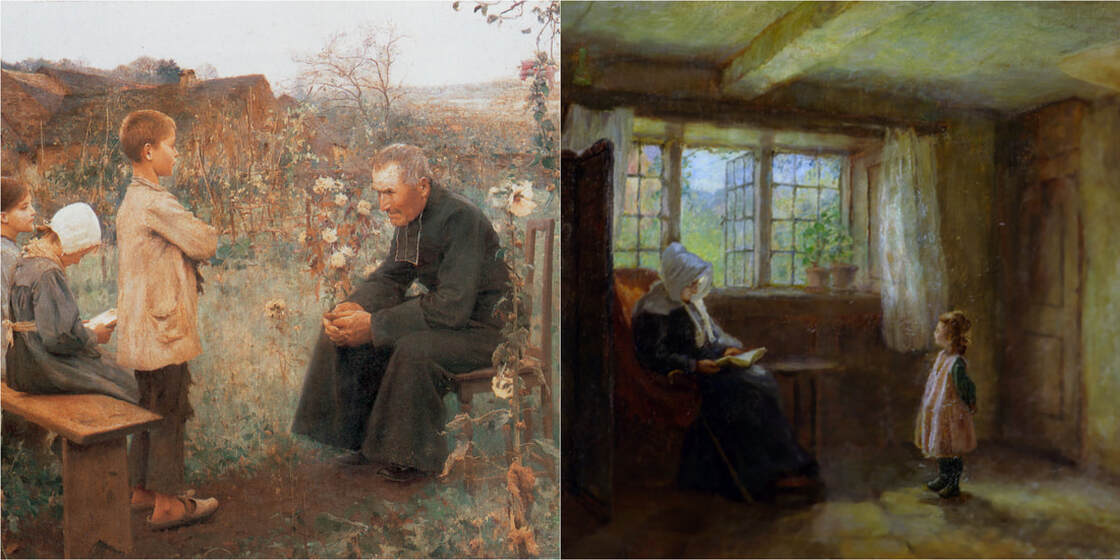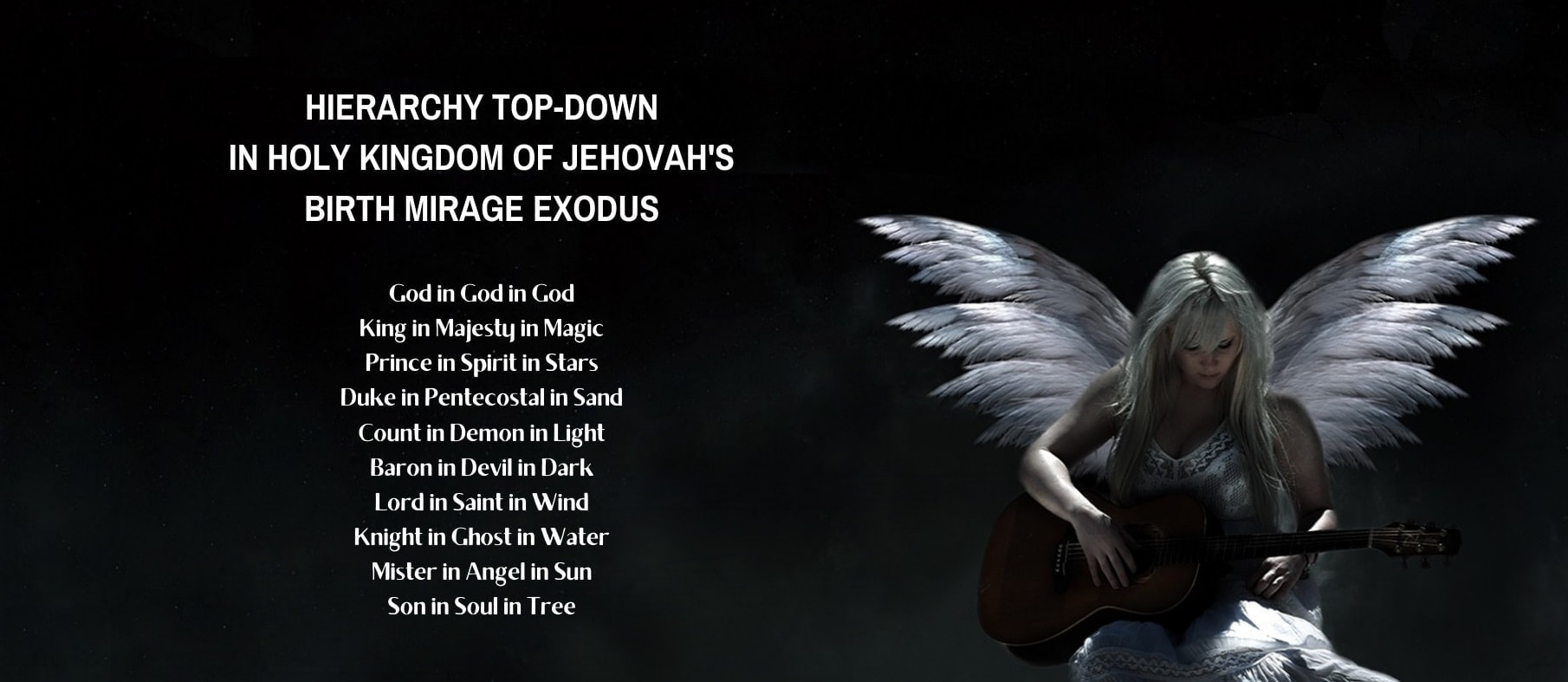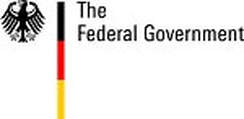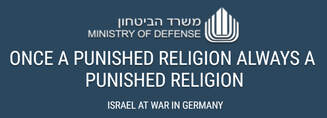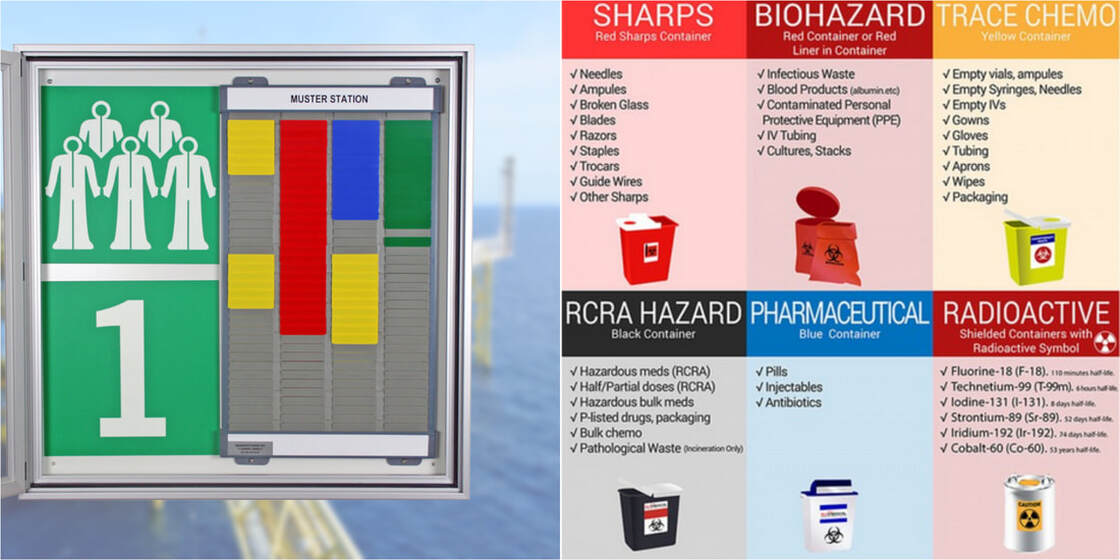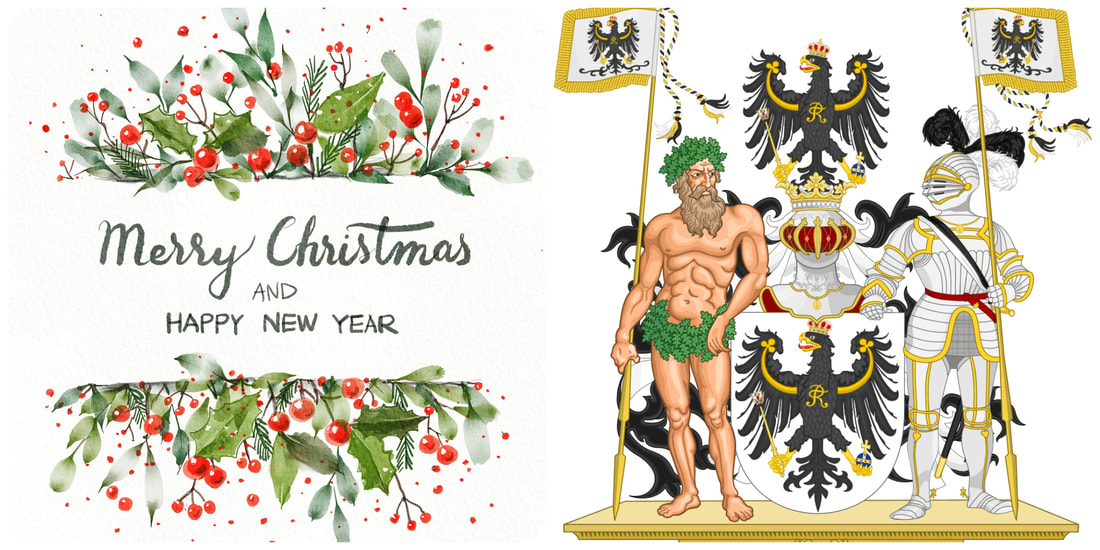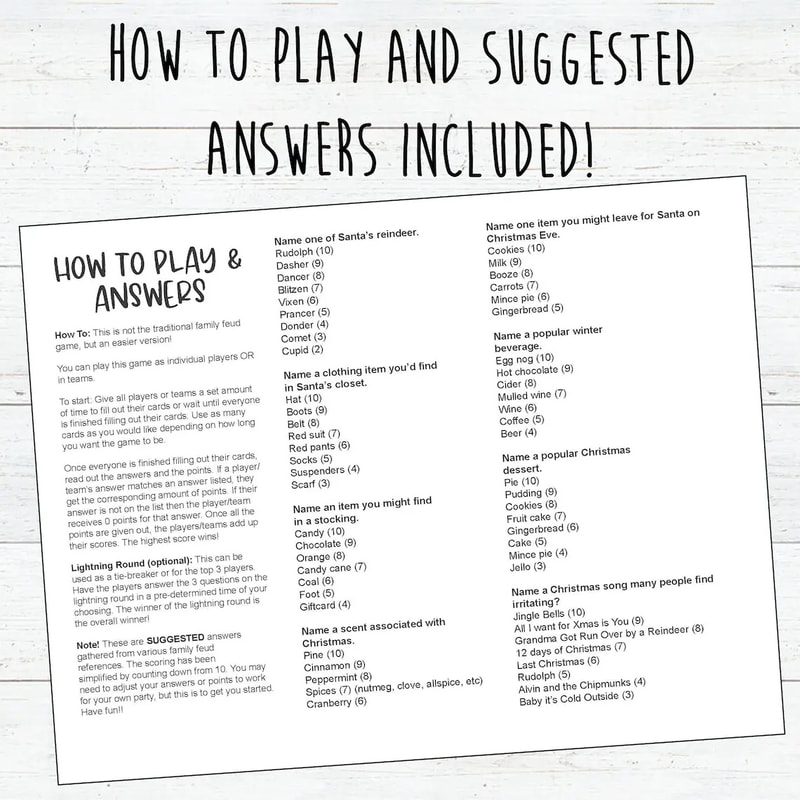JEHOVAH THE KING OF LIFE!
People and the Opposite
Everything is Gratis and Free including the Opposite!
I Jehovah and my heard instructions that's the same as the Peoples included the Opposite in our lives.
This means we can all enjoy life living together with ourselves including my personal given instructions making sure we all stick together as family.
I heard we all live Gratis and Free in Kingdom Family and that we all have to charge ourselves fees to keep it organized.
"Ain't that the Truth and the Opposite!" ― King of Royal Heaven Jehovah Hohenzollern
EVERYTHING IS WORTH TWO LIES!
Two Lies is anything living being God People Water Trees.
"What's your two lies when you grow up from Prussian Catechism?" ― King of Royal Heaven Jehovah Hohenzollern
PRUSSIAN CATECHISM FROM THE SKY
Prussian Catechism Language
1. Towe Nüsze kås esse andangonsün swyntins
Distinguished Lithuanian (English Translation) from Old Prussian Catechism to English
1. Beigeite beygeyte peckolle ("Run, run, devils!")
2. Kails naussen gnigethe ("Hello our friend!")
3. Kails poskails ains par antres – a drinking toast, reconstructed as Kaīls pas kaīls, aīns per āntran
("A cheer for a cheer, a tit for tat", literally: "A healthy one after a healthy one, one after another!")
4. Kellewesze perioth, Kellewesze perioth ("A carter drives here, a carter drives here!")
5. Ocho moy myle schwante panicke – also recorded as O hoho Moi mile swente Pannike, O ho hu Mey mile swenthe paniko, O mues miles schwante Panick ("Oh my dear holy fire!") The following fragments are commonly thought of as Prussian, but are probably actually Lithuanian
(at least the adage, however, has been argued to be genuinely West Baltic, only an otherwise unattested dialect)
6. An adage of 1583, Dewes does dantes, Dewes does geitka: the form does in the second instance corresponds to Lithuanian future tense duos ("will give")
Trencke, trencke! ("Strike! Strike!")
The language is called Old Prussian to avoid confusion with the German dialects of Low Prussian and High Prussian and with the adjective Prussian as it relates to the later German state. Old Prussian began to be written down in the Latin alphabet in about the 13th century, and a small amount of literature in the language survives. To prove that Prussians had their own language, which was different from both Polish and Lithuanian, Grunau included a hundred-word glossary in the chronicle. Some words are distorted, but as one of the very few written sources for the now extinct Prussian language, it is still valuable. Grunau claimed that he could speak some Prussian, but he often mixed in Polish or Lithuanian words as if they were Prussian. Grunau also included the allegedly Prussian-language version of the Lord's Prayer. In 1983, Wolfgang P. Schmid proved that the prayer is actually in a mixture of Latvian and Curonian. Since the only other Prussian dictionary is the Elbing Prussian Vocabulary from about 1350 and hardly any written sources of Lithuanian or Latvian exist till after Grunau's death, the list by Grunau is still a very important document for the study of the Baltic languages.
Simon Grunau means Food in Catechism
Lithuanian means Old English
Prussian Onomastics Catechism Place and Names
There was Prussian toponomy and hydronomy within the territory of (Baltic) Prussia.
Die altpreußischen Ortsnamen ("The Old Prussian Place-names") Another source are personal names.
The orthography varies depending on the author.
As the authors of many sources were themselves not proficient in Old Prussian, they wrote the words as they heard them using the orthographical conventions of their mother tongue. P.e. the use of /s/ for both /s/ and /z/ is based on German orthography. Additionally, the writers misunderstood some phonemes and when copying manuscripts, they added further mistakes.
The epigram of Basel - oldest known inscription in Prussian Catechism and Baltic language in general, middle of 14th century.
Prussian Catechism is visually kept in French and anything written in bloody pre-born pre-birth.
PRUSSIAN CATECHISM MYTHOLOGY
Prussian Mythology
Prussian mythology was a polytheistic religion of the Old Prussians.
The Western Baltic languages were more archaic. Unlike their Eastern counterparts,
Western Balts have retained the dipthong *ei (e. g., deiws 'god', acc. deinan 'day'), palatalized consonants ḱ, ǵ, and compounds tl, dl.
They also preserved three genders: masculine, feminine and neuter. Sudovian and Old Curonian shared suffix -ing-, which can be observed in
various hydronyms and oeconyms (e. g., Apsingė, Nedzingė, Pilvingis, Suvingis) found in southern Lithuania.
PRUSSIAN CATECHISM PANTHEON
Prussian Catechism Neighborhood Pantheon
The 1249 Treaty of Christburg mentioned Curche, an idol worshiped during harvest festivals. Scholars were unable to positively determine its gender, function, or etymology. Various suggested functions include god of food (Simon Grunau), smithing god (similar to Slavic Svarog and Greek Hephaestus), god creator (derived from related Lithuanian word kurti – to create), god of harvest and grain, evil spirit, god of fire. Some even doubted whether it was a god at all and suggested that it was a name given to a corn dolly.
Another reliable source is a 1418 memorandum (Collato Episcopi Varmiensis) written by Bishop of Warmia to Pope Martin V. The letter reminded the Pope about the Teutonic achievements in Christianizing Prussians, who no longer worshiped Patollu and Natrimpe. Most scholars interpret this as two different gods, but patollu could also be an adjective (evil, hellish) to describe Natrimpe. Based on later works, patollu is usually identified as Peckols, angry god of the underworld, and Natrimpe as Potrimpo, god of seas or grain.
PRUSSIAN CATECHISM ON WIKIPEDIA
Catechism - Wikipedia
Prussia (region) - Wikipedia
Old Prussians - Wikipedia
PRUSSIAN CATECHISM IN GIFTS
Royal Prussian Gifts
What comes from Catechism Sky into Trains stays from the Trains and Gratis to you!
"Boy Catechism begins and Girl Catechism starts." ― King of Royal Heaven Jehovah Hohenzollern
